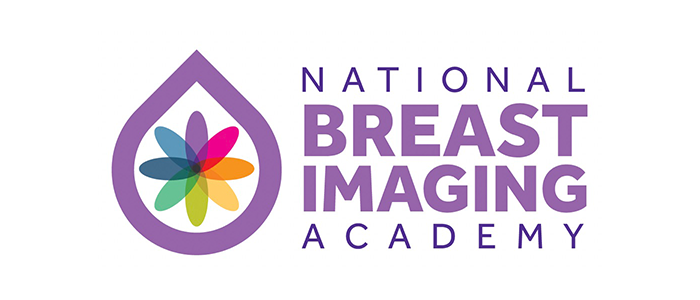In May 2020, the National Breast Imaging Academy (NBIA), in partnership with Health Education England elearning for healthcare (HEE elfh), launched their elearning programme for radiographers, radiologists and breast clinicians. This is the sixth monthly update about the programme.
The full programme of elearning sessions is due to launch in late 2020, but many sessions are available now, to support your training needs during the COVID-19 pandemic.
If you would like to share your thoughts on the resources and input into the evaluation of the NBIA elearning programme, please visit our survey.
What’s new?
There are 79 elearning sessions available on the elfh Hub. The latest sessions to be added are:
- Breast Density
- Computer-Aided Detection (CAD) and Artificial Intelligence (AI)
- MRI Guided Biopsy
- Reflective Practice in Breast Imaging
Additional sessions will be added to the elearning catalogue as soon as they are ready.
What can I expect from the elearning sessions?
The interactive elearning sessions cover a wide range of topics on breast imaging and relevant aspects of surgery, oncology, pathology, nursing, and risk and prevention.
In addition to the recently added elearning sessions listed above, you can also access:
- Assessment for Mammographers
- Clinical Evaluation and Management of Male Breast Disease
- Epidemiology of Breast Cancer
- Further Mammographic Views
- QA, Standards and Guidance
New training videos added to the new elfh Learning Hub
The National Breast Imaging Academy (NBIA) has contributed five training videos on mammographic interpretation to the Learning Hub, which is a new digital platform, developed by Health Education England, providing a range of education and training resources for the health and care workforce.
These videos are part of a series of viva sessions to support breast imaging trainees including radiology trainees, breast clinicians and advanced/consultant practitioner film readers. Each session provides feedback and learning tips to support trainees in preparing for examinations.
The videos are over one hour in length and each file is 1.3 GB or larger due to the high-resolution mammograms included within the video content. Image quality is vital in supporting trainees in their diagnostics development and learning and the Learning Hub’s recent release to increase file size for audio and videos up to 2GB has enabled and widened access to these resources.
Take a look at these resources:
https://learninghub.nhs.uk/Resource/986/Item
https://learninghub.nhs.uk/Resource/987/Item
https://learninghub.nhs.uk/Resource/988/Item
https://learninghub.nhs.uk/Resource/989/Item
https://learninghub.nhs.uk/Resource/990/Item
What is the NBIA?
Hosted by Manchester University NHS Foundation Trust, the National Breast Imaging Academy (NBIA) project is a collaborative, national, multidisciplinary initiative, involving training centres and NHS Trusts around the country as well as Health Education England, Public Health England, the Royal College of Radiologists, the Society and College of Radiographers, the Association of Breast Clinicians and elearning for healthcare.
For further information about the NBIA please visit: www.nationalbreastimagingacademy.org.
How to access the elearning
For more information about the programme, including details on how to access the NBIA elearning sessions, please visit: https://www.e-lfh.org.uk/programmes/national-breast-imaging-academy/.
In addition to these monthly updates, please visit the HEE elfh news page and follow @HEE_TEL on Twitter for the latest news about the programme.



Comments are closed.